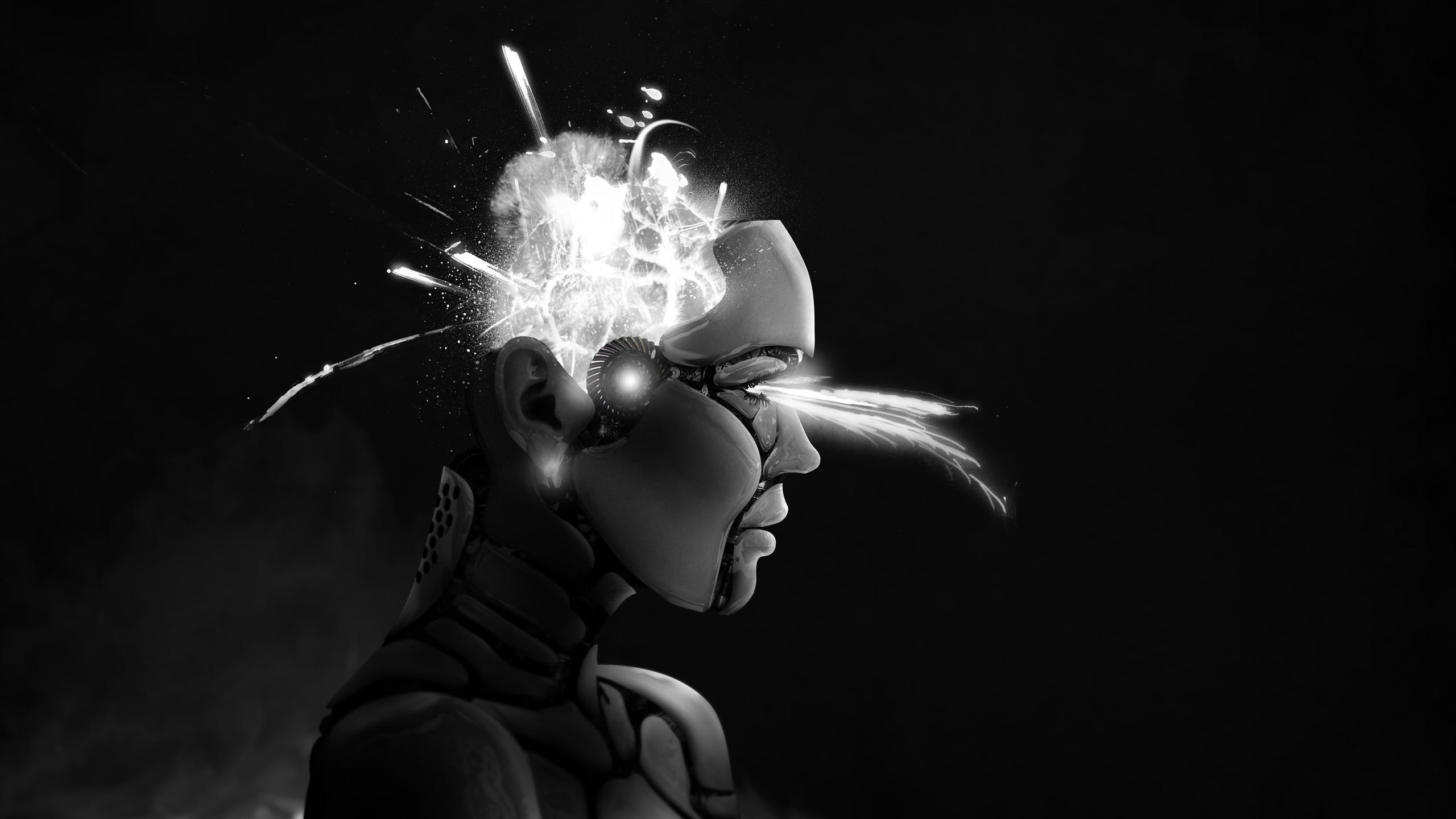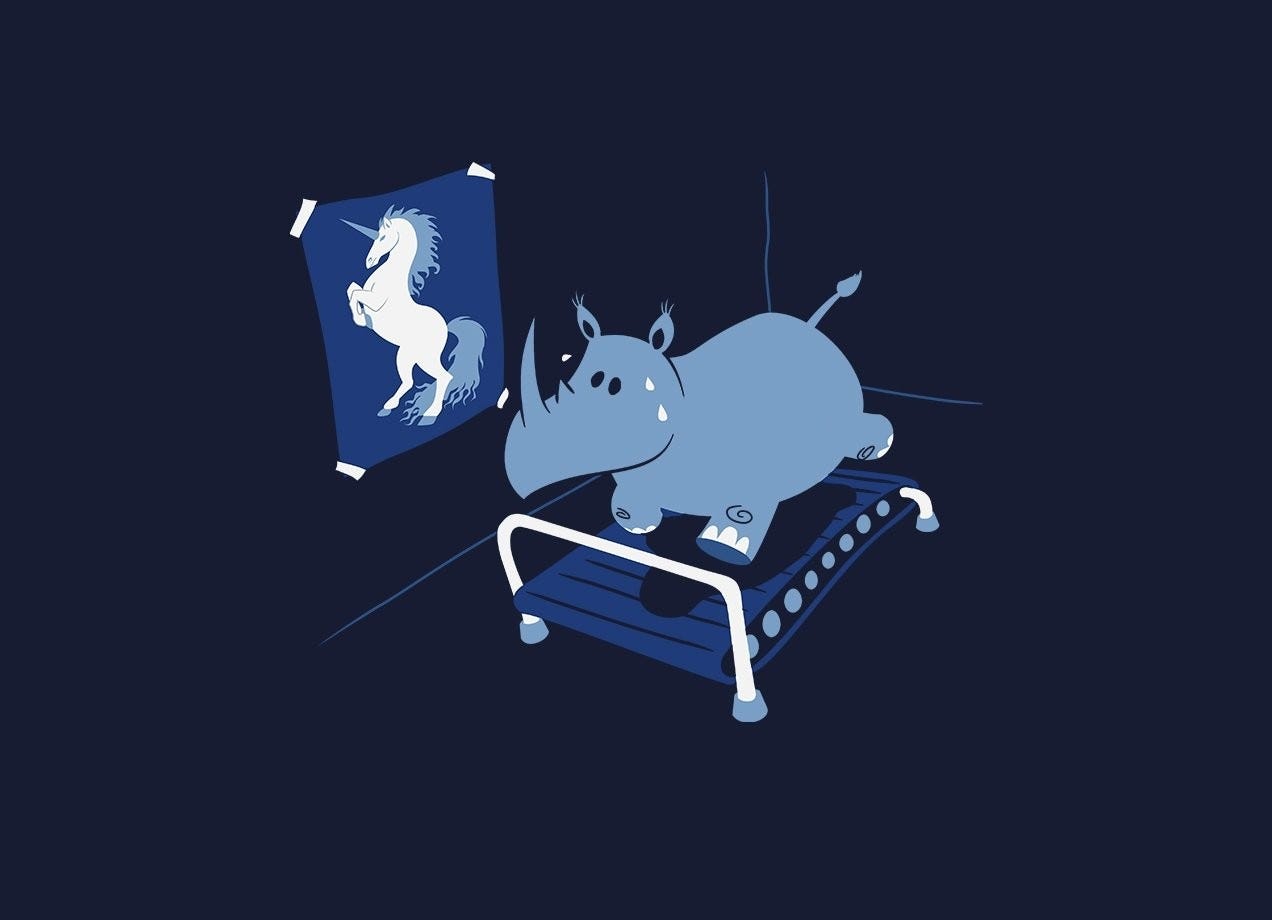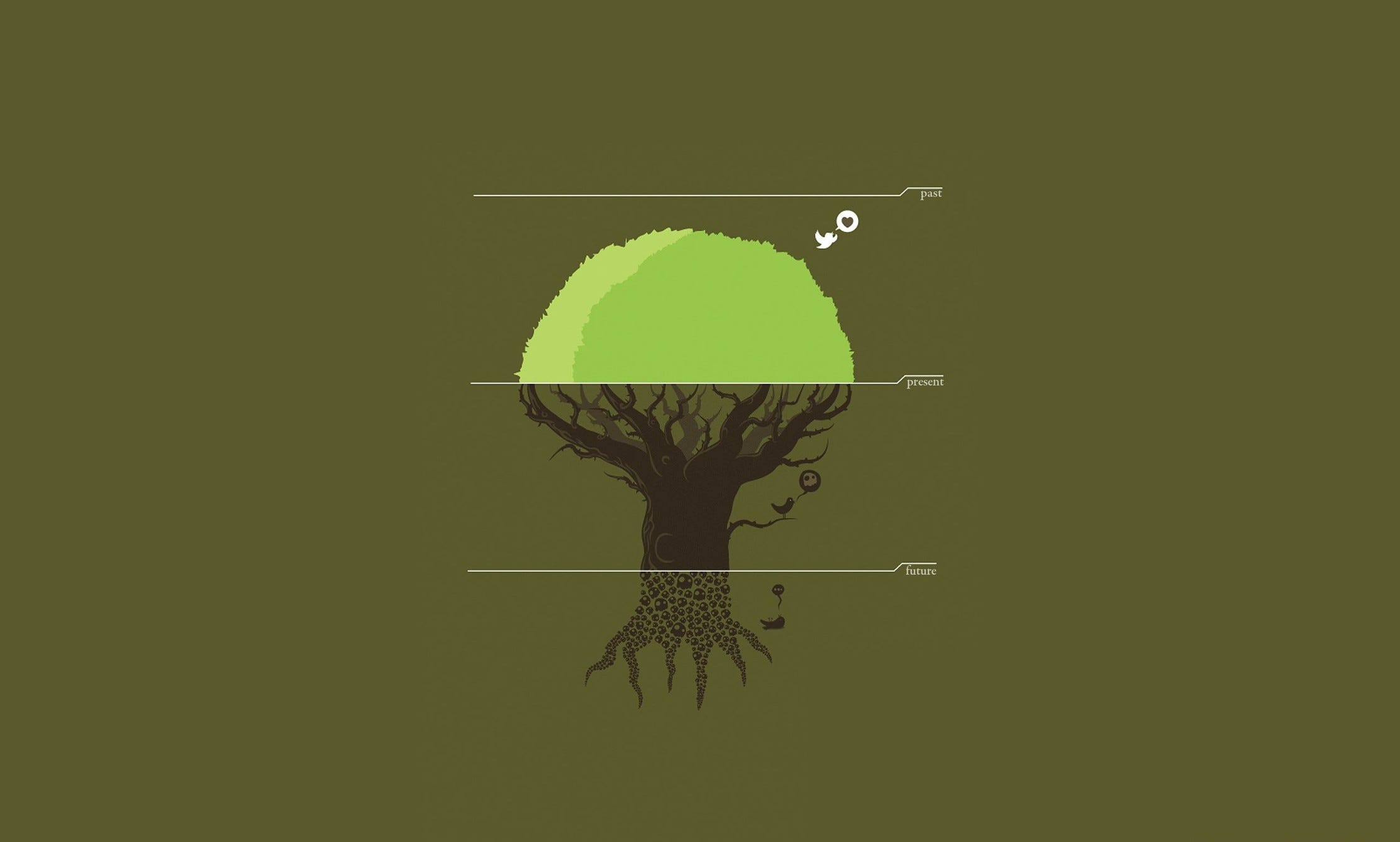
Ireland just beat the best team in the world, the New Zealand All Blacks for the second time in 113 years, this was their first victory on Irish soil. What has changed?
The Roger Bannister Effect
For a very long time, people thought it was impossible to run a mile in under four minutes. Some believed it was an impossible feat for the human body. Many got close, but the record was not broken until 1954 when Roger Bannister clocked in at 3 minutes 59.4 seconds.
Once someone had broken the four-minute milestone (excuse the pun), the floodgates opened. Bannister’s own record was broken again within only two months. Within five years it was broken again twice.
When the first person breaks a barrier as Bannister did, they are really breaking a psychological barrier. When you extend yourself and achieve an amazing feat as Bannister did, it paves the way for the rest of us.
Subsequent generations are mostly oblivious of the barrier blocking progress in the first place. Consider Ireland’s new breed of players like James Ryan and Jacob Stockdale, they have grown up seeing Ireland win championships and consistently beating southern hemisphere teams themselves at underage level.
I grew up watching the southern hemisphere teams destroy Ireland and every other nation. Young players like me in the 1990’s watched the southern hemisphere championships to see what the best in the world were doing. They were the benchmark and the idols for a lot of Irish players. In the 1990’s and early 00’s Ireland suffered regular heavy defeats to Australia, South Africa, England, France and New Zealand. Ireland would usually perform well for up to 60 minutes and then run out of belief in the last 20 minutes and lose badly. Ireland rarely expected to win, the teams wanted to do their best and to lose respectably. This was a limiting mindset that Irish rugby was stuck in, but it has gradually changed.
When Ireland beat the All Blacks in 2016, it was partly thanks to the painful scar tissue of their last-minute defeat to the All Blacks a few years previously in 2013. Coming so close gave them the belief that they could beat the best and paved the way for their 2016 victory.
Their home-soil win over the All Blacks in 2018 was thanks to the breaking the psychological barrier in 2016. This phenomenon is known as the Roger Bannister Effect. This generation knew it was now possible. Just think what the next generation of Irish rugby will believe?
Takeaway Lessons for Business
Vision
The mission is to go to the top of the mountain, the vision is what it will look like when we get there. Having a vision is critical.
It takes years to overcome generations of limiting beliefs. Roger Bannister had a vision which drove his unwavering belief that he could beat the four-minute mile. Ireland’s 2018 momentous home victory is not just thanks to Ireland coach Joe Schmidt, like many people believe, it is the result of a vision proposed 15 years ago.
Many people will not remember, the lofty vision proposed in Ireland’s 2003 strategic planning process. Ireland rugby union CEO, Philip Brown announced (alongside other strategic pillars) the vision that an Irish club would win a European Cup and have two teams in the European Cup semi finals. Many people thought this was unachievable, it was a big hairy audacious goal (BHAG), it was a stretch too far for many people. Since then Ireland has won countless European titles, with the Ireland Province of Leinster having won a record four times. Such achievements have become the new normal, the Irish public and players have grown accustomed to the new normal.
Many business operate with a short-term approach to business, they aim to reach their targets for the next month, quarter of year, that is the goal and there is no vision. Procedure is valued more than purpose, and method more than results. Their limiting belief is that what got them to where they are today will keep them there. Some companies do not believe they can make a significant jump to recalibrate their business for today’s society and today’s worker.
The best teams in the world don’t aim to win, that is a short-term goal. The best teams aim to execute excellently. Each players in the squad knows their job and aims to execute their individual jobs with excellence and passion. The most important ingredient is a common purpose, a vision. When a team has a big enough why, they will always deliver a big enough try. When our why is not big enough, our excuses will be. Everyone working in a business should understand the vision of that business and how their contribution moves the company towards that vision.
Character
“Talent is a gift, but character is a choice.” ― John C. Maxwell
While it is now a distant memory, in 2004, the All Blacks were facing a crisis (a crisis by their own high standards admittedly). At the time their 75% winning record was slipping, they had just come in last place in the Tri-Nations with their enigmatic captain Tana Umaga threatening to quit.
They decided to act.
A renowned All Blacks strategy meeting took place under coach Graham Henry. The resulting strategy was implemented by senior management and senior players. This strategy consisted of developing the character of the players off the pitch, so that they perform better on it.
They called the strategy “Better People Make Better All Blacks”.
They start by getting the right people on the bus, the wrong people off the bus, and the right people in the right seats. When you pick the right people, they don’t need to be motivated, they are self-motivated. Character is essential.
Ireland coach Joe Schmidt is from New Zealand, so he understands the mindset of what it takes to be the best in the world. What Schmidt understands is that to build a team, you must first build character. To build character you need to choose players that fit a certain value system. For that to happen you need to develop one, players that buy into a vision and set of behaviours and values that will help achieve that vision.
Schmidt has said of his players that they are “ordinary men”. When he says this he means the players are of good character. Good characters not only play for their team, they play for each other, they foster a community spirit.
If you want to win a match, you can build a game plan around your best player(s), if you want to win a championship you can build a team, if you want to win consistently you must build character.
Changing Mindsets
So many companies are on the brink of extinction. Even worse many companies know they are, but still do not initiate change. The people and practices that got companies to where they are today, most definitely will not get them to where they need to be tomorrow. Organisations are groups of people and people change. If the organisation does not evolve in line with people, then it will be out of sync with reality and it will not attract the best talent, talent of great character.
To change mindsets, you must first get the right people, to have that you will need to have a vision and get buy in for that vision. Then you must agree a set of behaviours that everyone signs up to. The best teams do this every year, they get the team to agree behaviours and then sign their name beneath those behaviours. If this process is well executed, the behaviours guide the team in how it trains, plays and treats the public and one another. When a team has agreed behaviours they can hold each other accountable to those behaviours, especially since everyone has signed up to them.
Like business leaders, some coaches inherit a group of people, they do not hire all the personnel in a company when they take over as leader. Some of the existing workforce will already have the right mindset, some will not. When people are part of developing a vision, they will step up and start work and work better than ever before. With any change initiative you will experience slower movers and laggards. However, once you create momentum, buy-in and vision, the slower movers will move with the new direction and the laggards who have been holding you back will either change or leave the company.
Changing limiting mindsets means developing new habits. To change habits takes time and investment on behalf of a business. Your people may not have the skills, tools, training, or discipline to initiate change by themselves. While vision, values and behaviours are a valuable guide, but are not enough, it will take regular training and self-regulation. We are evolving beings, when we are hired often the training stops, if it ever even began. In this world of constant and rapid change, learning must be baked in working. The business environment is evolving, so business people must also evolve.
Evolution leads to great achievement, but it takes time and it takes commitment. Just ask Ireland rugby.
If you are interested in “Changing Mindset” workshops or programmes for your company, feel free to drop me a line.

